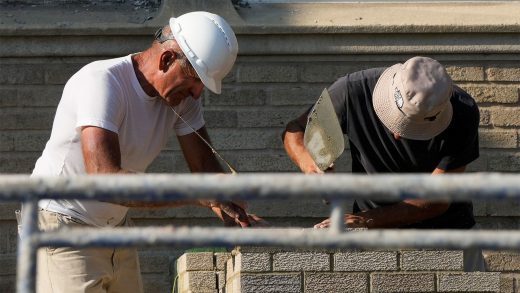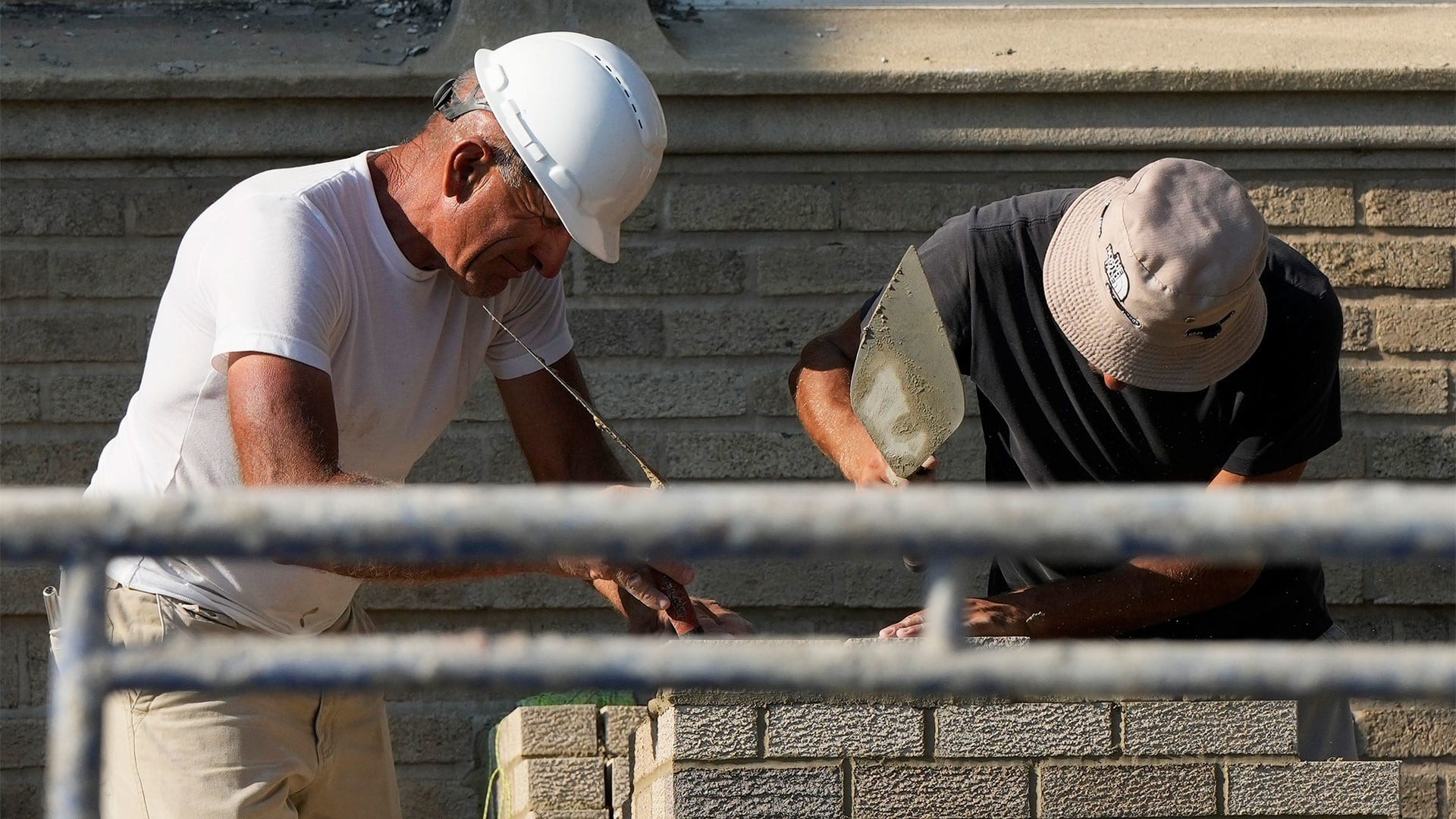U.S. jobs report reveals a sturdy labor market with unemployment down to 4.2%
U.S. jobs report reveals a sturdy labor market with unemployment down to 4.2%
The Labor Department’s report showed that the economy added 142,000 jobs in August.
Hiring by America’s employers picked up a bit in August from July’s sluggish pace, and the unemployment rate dipped for the first time since March in a sign that the job market may be cooling but remains sturdy.
Employers added 142,000 jobs last month, up from just 89,000 in July, the Labor Department said Friday. The unemployment rate ticked down to 4.2% from 4.3% in July, which had been the highest level in nearly three years.
Collectively, Friday’s figures depict a job market slowing under the pressure of high interest rates but still growing. Many employers are responding to the resilience of consumers, who stepped up their spending in July, even after adjusting for inflation. A survey of service sector companies, including banks, restaurants, and healthcare providers, found that their sales and hiring both rose.
The labor market is now in an unusual place: Jobholders are mostly secure, with layoffs low, historically speaking. Yet with the pace of hiring having slowed, landing a job has become harder.
In the meantime, inflation is steadily falling back to the Federal Reserve’s 2% target, opening the door for the Fed to cut its key interest rate from a 23-year high. Friday’s report makes it likely that the central bank will announce a quarter-point rate cut when it next meets September 17-18.
In a speech last month, Chair Jerome Powell suggested that the Fed’s policymakers have all but tamed inflation through high interest rates and don’t want to see the job market weaken further. The central bank is trying to achieve a “soft landing,” in which it succeeds in driving inflation down from a 9.1% peak in 2022 to its target level without causing a recession. A lower Fed benchmark rate will lead eventually to lower borrowing costs for a range of consumer and business loans, including mortgages, auto loans, and credit cards.
For now, companies are posting fewer job openings and adding fewer workers, while Americans are far less likely to quit their jobs now than they were soon after the economy rebounded from the pandemic. In a strong job market, workers are more likely to quit, usually for higher-paying opportunities. With quits declining, it means fewer jobs are opening up for people out of work.
Becky Frankiewicz, North American president of the staffing firm ManpowerGroup, said that uncertainty around the presidential election and the Fed’s next moves are causing many companies to hold back on new investments and hiring.
“There’s a whole world waiting to see what happens with our election,” she said.
“We have this great waiting game. No one wants to make big moves yet.”
Still, Frankiewicz said the job market appears to be stable for now.
“The bottom isn’t falling out, and we’re not seeing a rocket ship,” she said. “It’s stability.”
—Christopher Rugaber, AP economics writer
(6)



